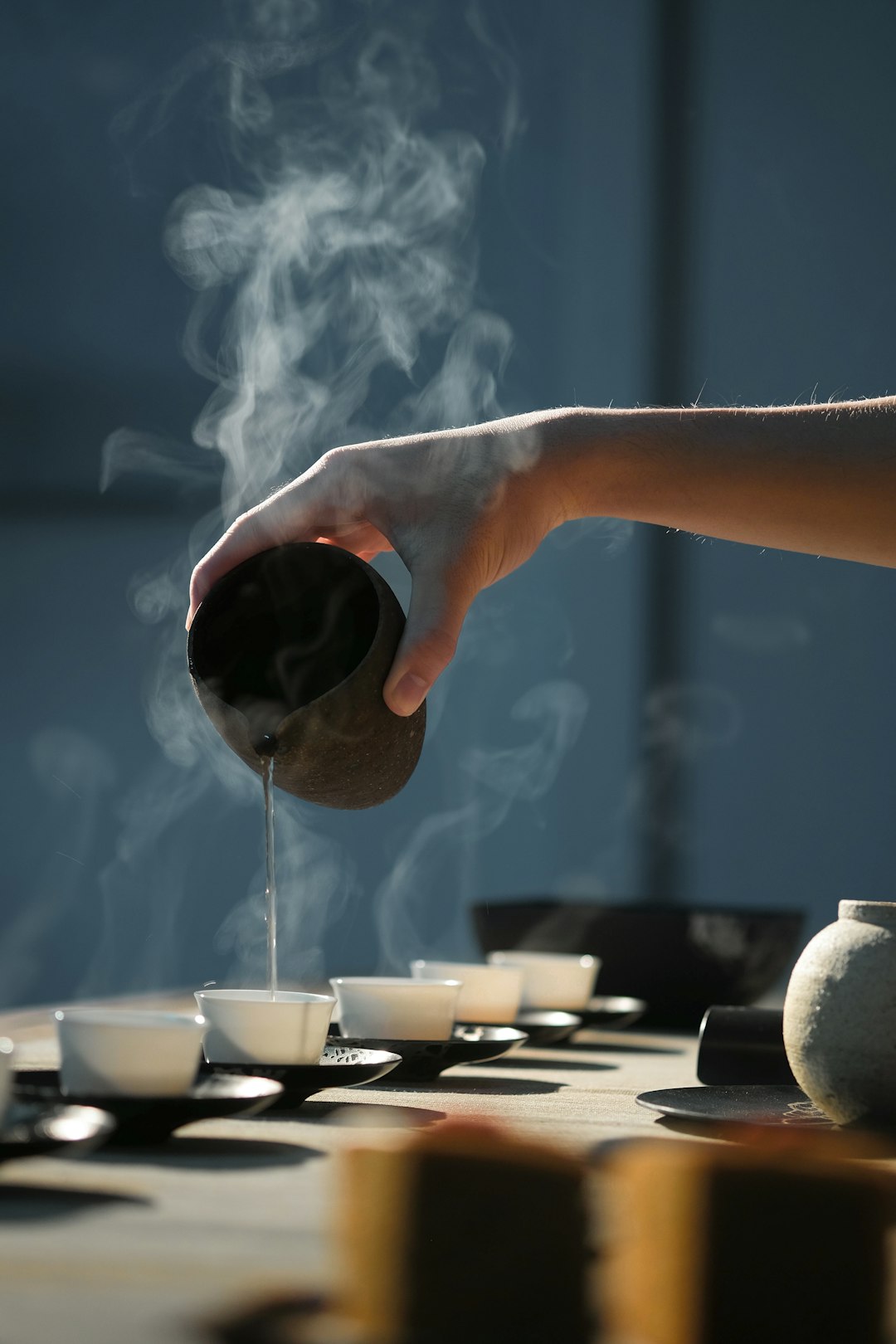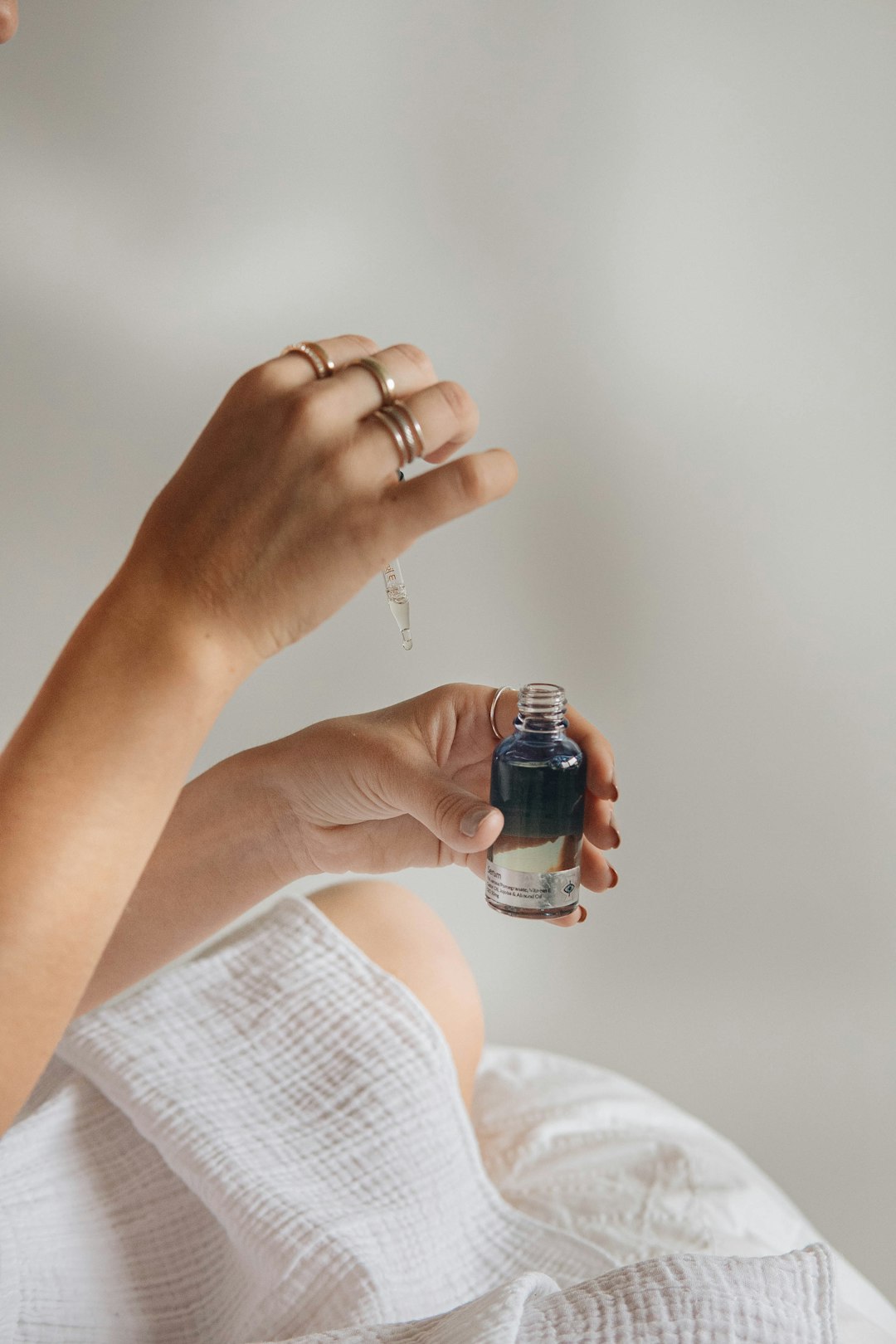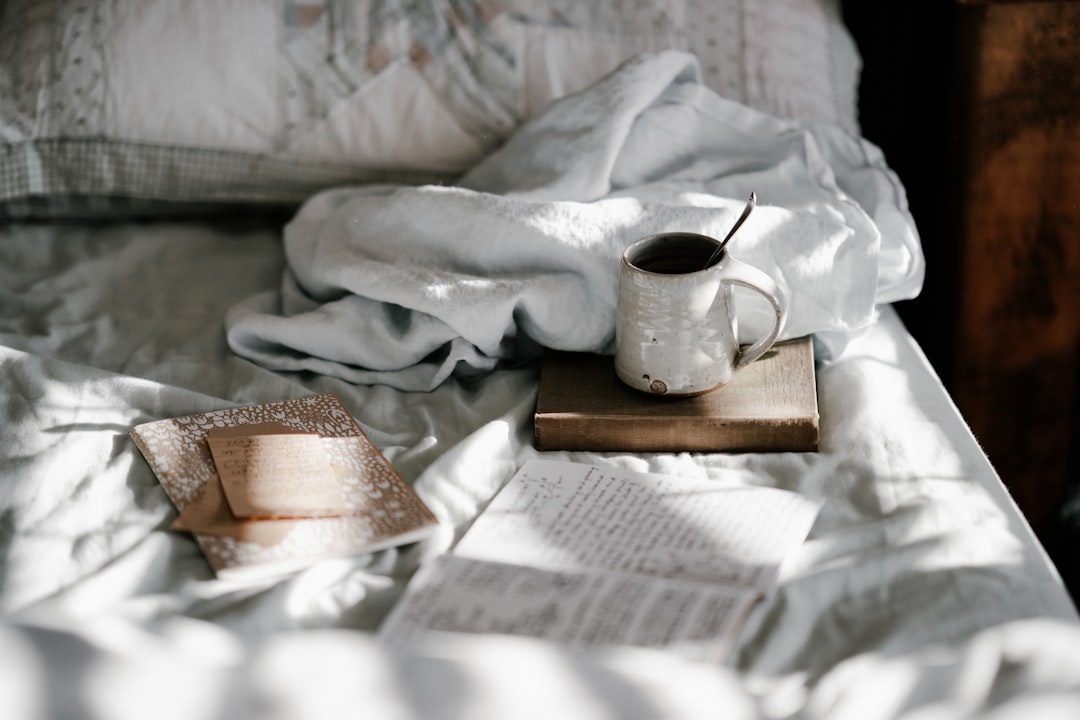Having trouble falling asleep at night? Creating a relaxing bedtime routine can help you wind down and prepare your body for a restful night’s sleep. By incorporating a few simple habits into your evening routine, you can improve the quality of your sleep and wake up feeling refreshed and rejuvenated. Here are some tips on how to create a relaxing bedtime routine for better sleep:
1. Set a Consistent Bedtime
Establishing a regular sleep schedule is essential for a good night’s sleep. Try to go to bed and wake up at the same time every day, even on weekends. This helps regulate your body’s internal clock and promotes better sleep quality.

2. Create a Calming Environment
Your bedroom should be a peaceful sanctuary conducive to sleep. Keep the room cool, dark, and quiet. Consider using blackout curtains, earplugs, or a white noise machine to block out any distractions that may disrupt your sleep.

3. Limit Screen Time Before Bed
The blue light emitted by electronic devices can interfere with your body’s production of melatonin, a hormone that regulates sleep. Avoid using smartphones, tablets, or laptops for at least an hour before bedtime. Instead, engage in relaxing activities like reading a book or taking a warm bath.

4. Practice Relaxation Techniques
Engaging in relaxation techniques before bed can help calm your mind and prepare your body for sleep. Consider incorporating activities such as deep breathing exercises, meditation, or gentle stretching into your bedtime routine.

5. Avoid Stimulants
Avoid consuming stimulants such as caffeine and nicotine close to bedtime. These substances can interfere with your ability to fall asleep and stay asleep throughout the night. Instead, opt for herbal tea or warm milk, which can have a soothing effect on the body.

6. Create a Bedtime Ritual
Establishing a consistent bedtime ritual can signal to your body that it’s time to sleep. This could include activities such as taking a warm shower, practicing skincare, or listening to calming music. Find what works best for you and make it a regular part of your evening routine.

7. Keep a Sleep Journal
Keeping a sleep journal can help you identify patterns and triggers that may be affecting your sleep. Make note of your bedtime routine, any foods or drinks consumed before bed, and how you feel upon waking. This can help you make adjustments to your routine and improve your sleep quality over time.

8. Avoid Napping Late in the Day
If you struggle with falling asleep at night, avoid napping late in the day. Napping can disrupt your natural sleep-wake cycle and make it harder to fall asleep when bedtime arrives. If you do need to nap, try to keep it short (around 20-30 minutes) and before 3 pm.

By incorporating these tips into your bedtime routine, you can create a relaxing atmosphere that promotes better sleep. Remember, consistency is key, so stick to your routine even on weekends. Sweet dreams!



How long does it typically take to see improvements in sleep after starting a bedtime routine?
According to research, it typically takes about 2 weeks to see improvements in sleep after starting a bedtime routine. However, some people may see results sooner, while others may take longer. Here are some factors that may affect how quickly you see results:
The severity of your sleep problems. If you have severe sleep problems, it may take longer to see results than if you have mild sleep problems.
Your age. Older adults may see results more slowly than younger adults.
Your overall health. If you have other health conditions, such as anxiety or depression, it may take longer to see results.
Your commitment to your bedtime routine. If you are consistent with your bedtime routine, you are more likely to see results sooner.
Can you suggest any tools or products that can enhance the effectiveness of a nighttime routine?